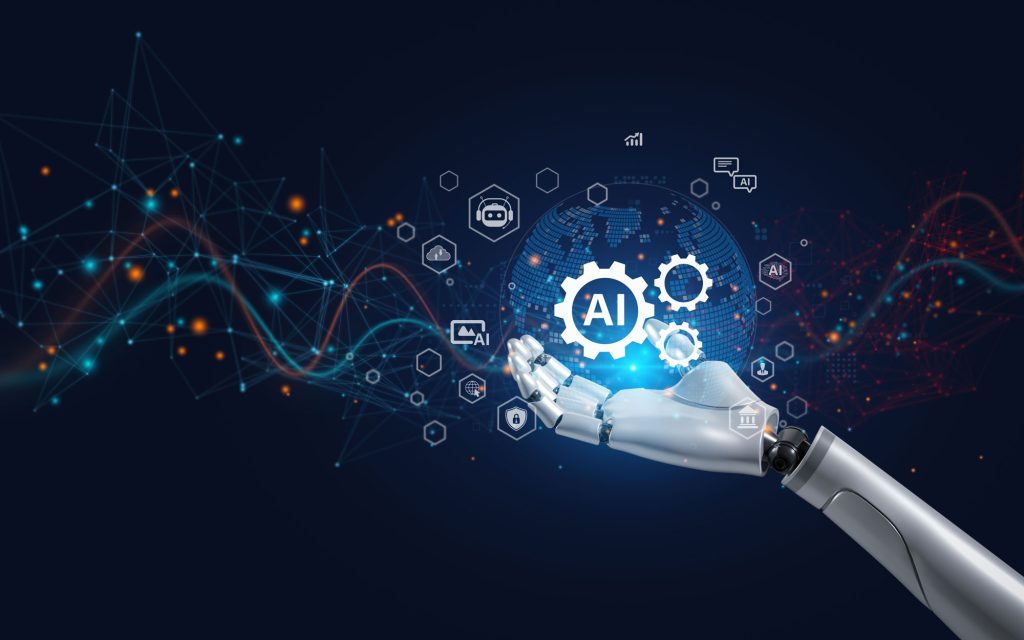AI resources can be incredibly helpful to teachers in various ways, from enhancing the learning experience for students to streamlining administrative tasks. Here are some AI resources that can benefit teachers.
- Adaptive Learning Platforms: These AI-powered systems analyze students’ performance and adapt the curriculum to their individual needs. Examples include DreamBox, Knewton, and Smart Sparrow.
- Virtual Classrooms: Tools like Google Classroom, Microsoft Teams, and Zoom utilize AI for features such as automated attendance, suggested assignments, and real-time translation.
- EdTech Apps: AI-powered educational apps like Duolingo, Khan Academy, and Coursera offer personalized learning experiences tailored to students’ abilities and progress.
- Automatic Grading: AI-based grading tools such as Gradescope and Turnitin can help teachers save time on grading assignments and providing instant feedback.
- Chatbots: AI chatbots like IBM Watson Assistant or ChatGPT can assist teachers in answering common student questions, providing information, and offering support, especially in online settings.
- Data Analytics Tools: AI can help analyze large sets of educational data to identify trends, student performance patterns, and areas for improvement. Power BI, Tableau, and Google Analytics can be used for this purpose.
- Speech Recognition Software: Tools like Google’s Speech Recognition and Microsoft’s Azure Speech Services can help teachers transcribe spoken content, making it easier to create written transcripts of lessons.
- Language Translation Tools: For teachers in diverse classrooms, AI translation tools like Google Translate can help bridge language barriers.
- Content Creation Tools: AI-powered content generators like OpenAI’s GPT-3 can assist in creating lesson plans, writing exercises, and generating educational materials.
- Personalized Recommendations: Platforms like Netflix and Amazon have set the precedent for personalized recommendations, which can be applied to educational resources. AI can suggest books, videos, and learning materials tailored to each student’s interests and learning style.
- Administrative Support: AI can help with administrative tasks like scheduling, attendance tracking, and communication with parents through tools like AI-driven chatbots or virtual assistants.
- AI Ethics Education: Teaching students about AI ethics and responsible use of technology is becoming increasingly important. AI resources can help educators incorporate these topics into their curriculum.
- Professional Development: AI can help teachers find relevant resources for their own professional development, including online courses and workshops tailored to their interests and needs.
- Accessibility Tools: AI-driven accessibility tools like text-to-speech and speech-to-text converters can help make educational content more accessible to students with disabilities.
- Cybersecurity Education: As online education becomes more prevalent, teaching students about cybersecurity and digital hygiene is crucial. AI can aid in creating engaging materials for this purpose.
When implementing AI resources in education, it’s important for teachers to receive proper training and support to effectively integrate these technologies into their teaching practices. Additionally, privacy and ethical considerations should be taken into account when using AI in the classroom to ensure the responsible and secure use of data.
This article has been created using artificial intelligence.
About The Author
Carolina Staff
Carolina is teamed with teachers and continually provides valuable resources–articles, activities, and how-to videos–to help teachers in their classroom.











